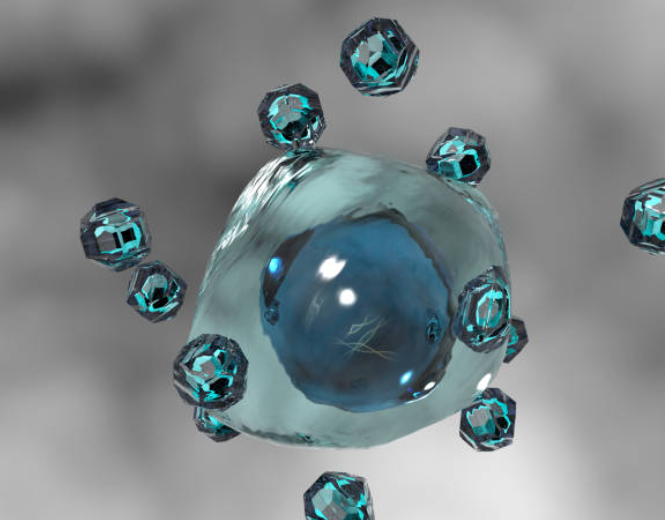By Sofia Costa Lima, ICBAS
PORTO – Emerging zoonotic diseases are one of the major challenges to the "One Health" concept. Zoonosis embraces multiple infectious diseases transferred from animals to humans. Currently, the treatment and diagnosis of zoonotic infections are difficult due to genetic mutations, target site modifications, and multi-drug resistance. In fact, increasing level of resistance against antimicrobial agents among bacteria species causes a major challenge for Human and Animal health, as well as life in the future.
New management approaches to improve prophylactic measurements, assure effective diagnosis and therapies towards resistant bacteria are urgent. In this context, nanomaterials are transforming medicine with versatile potential capabilities for diagnostic devices and treatments for zoonosis through targeted and controlled delivery of antimicrobial drugs. The nanometer size of the materials, allows easy entrance into the cells of living organisms. Additionally, nanomaterials can have a protective role, preventing the encapsulated drug or antimicrobial agent from degradation because of the shielding properties of these nano-sized material, controlling and targeting its release into the diseased tissues reducing adverse side effects. Applications of nanomaterials as vaccines or drug delivery systems, directing therapeutic agents in combating zoonotic diseases strengthen the successful design of control strategies. Recently, new nanotechnology-based approaches were proposed with active antimicrobial properties, for pathogens separation, or as diagnostic material. The application of nanotechnology can bring new opportunities to tackle zoonotic infections.
Image credits: iStockphotos









